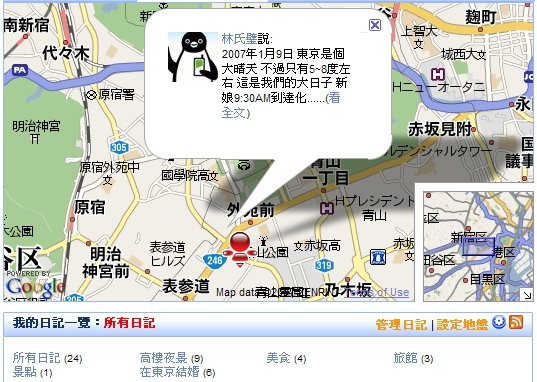
Final Year Projects 2008-2009 for CS or BBIS Students
Proposed by Dr. C.L. Wang
Updated : 10:40PM, June 09, 2008
Project 1: Smart Lecture Room
Supervisor: Dr. C. L. Wang
Number of students: 3
Lawrence (ytngao@cs.hku.hk)
Samuel (hhui@cs.hku.hk)
Ban (kpliu@cs.hku.hk)
Description:
In this project, you will design and implement a smart lecture room that is able to achieve the following functions as illustrated in the scenario. When the user enters the smart lecture room, your system is able to know who he/she is by a RFID-based room control system. Your system then tries to understand why the user is here by checking the person’s daily schedule (e.g., Google Calendar) and the room booking system. If the system discovers that person is scheduled to give a lecture in the meeting room, the system will automatically power on the desktop PC, projector, and download the specific PPT file from the course webpage to the desktop in the lecture room and display it at the start of the lecture. All students enter the lecture room will receive a pop-up notice on their notebook and is able to download the PPT with wireless network connection. The system involves integration of media, networking, display, and interaction services.
The project looks for practical usage and the developed software will be integrated with the HKU Smart Card system and CS Department's room booking system.
Software
MRBS (Meeting Room Booking System) Ver. 1.2.5. : http://mrbs.sourceforge.net/
Reference
Harry Chen, Tim Finin, Anupam Joshi, A Context Broker for Building Smart Meeting Rooms
Project 2: Context-based Location Service on Mobile Devices
Supervisor: Dr. C.L. Wang
Number of students: 3
Tang Pui Shan (pstang)
Wong Po Yan Joanne (pyjwong)
Description:
Where am I? Where are my friends? What is here around me? With GPS, physical locations like latitude and longitude, can be easily obtained. However, people usually think and speak in terms of places, like "my office", "Dexter's home", or "Donald's lab., which adds personal, environmental and social meaning to a location. Therefore, almost every location-aware application will encounter the problem of translating raw location data to more symbolic, personally meaningful places. In this project, the student is required to develop an intelligent system that can determine more meaningful place labels based on user's current context (e.g., activities, friends nearby, focus of interests, etc.). The system involves the development of a reasoning engine at the server side and a lightweight GUI on the mobile device (PDA or mobile phone).
Potential applications:
Social networking : Instant Messaging (show buddy's location).
Information sharing: city guide, transportation service (bus schedule, best route), mobile yellow pages
Navigation: Map display, find a (outdoors) parking space at Disneyland
Tracking: tracking friend's location,
Location-Based Advertisements (LBA): restaurant discount coupon with direction
Geo Tagging : Photo tagging (地圖相簿), 地圖日記
 |
| Figure: Example of Geo Tagging (地圖日記) |
Some Design Issues:
Client side:
Location detection algorithm: How to extract locations from the raw location data (stream of GPS coordinates) ? Mobile phone has limited computing power and small memory. Your solution must be very lightweight.
“Significant Location” : What location details do you care ? When do you need it ? How to generate proper symbolic and human-readable place annotations that is useful for the mobile users ?
"Moving while using" : Mobile devices are used in a minimal attention environment; users have neither the time nor attention to navigate through complicated menus or to interpret confusing results.
Server side:
How to manage all the place annotations created by users (Location database) ?
How to associate social meaning to a location from the existing database ?
Return different place annotations depending on the social context (e.g., current activity, user's real need).
Dr. C.L. Wang's office (meaningful to my students or colleagues)
CYC424 (meaningful to a visitor who just arrived CS)
Chow Yei Ching Bldg. Room 424 (needed by HKU internal mail delivery)
Chow Yei Ching Bldg. Room 424, Department of Computer Science, The Univ. of Hong Kong, (needed by postman)
Reference
End-User Place Annotation on Mobile Devices: A Comparative Study
C.L. Wang's Talk: "Context-Aware Mobile Instant Messenger" (PPT)
GPS-based Location Extraction and Presence Management for Mobile Instant Messenger (pdf)
地圖日記: www.atlaspost.com
Flickr: http://www.flickr.com/
iFind : MIT's new location-based application for friend spotting (Open Source)
Android SDK (Google Phone): http://code.google.com/android/ (based on Linux Kernel 2.6)
Jess: Reasoning Engine written in Java..
BuddySpace (open source)